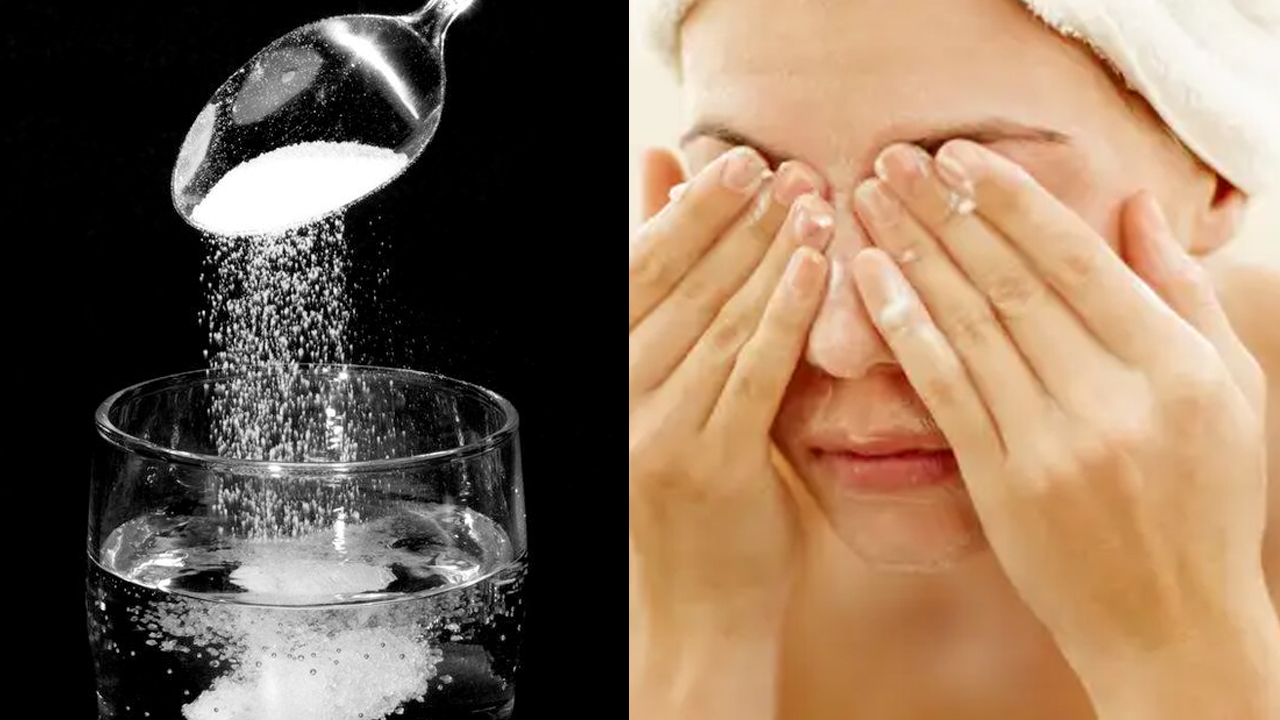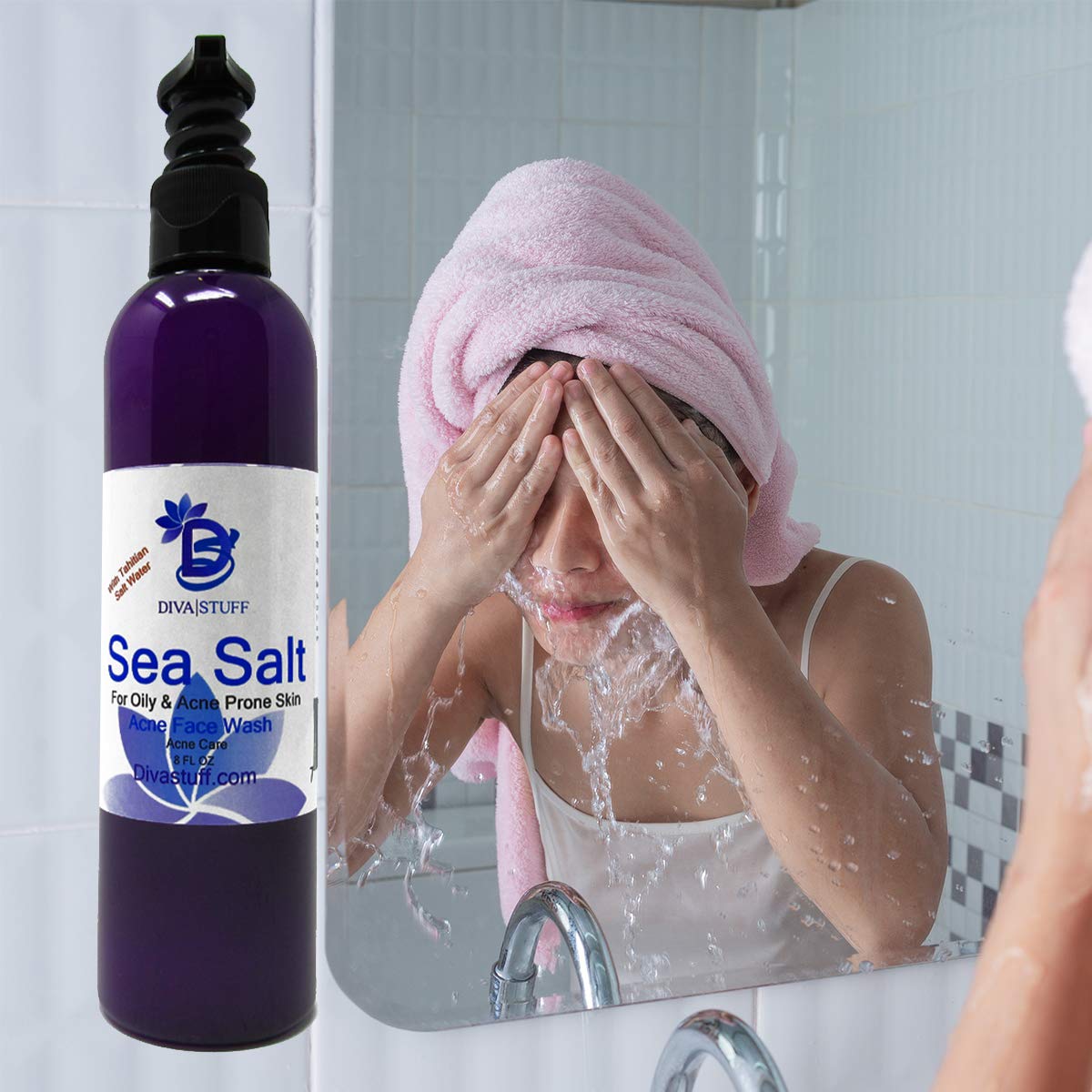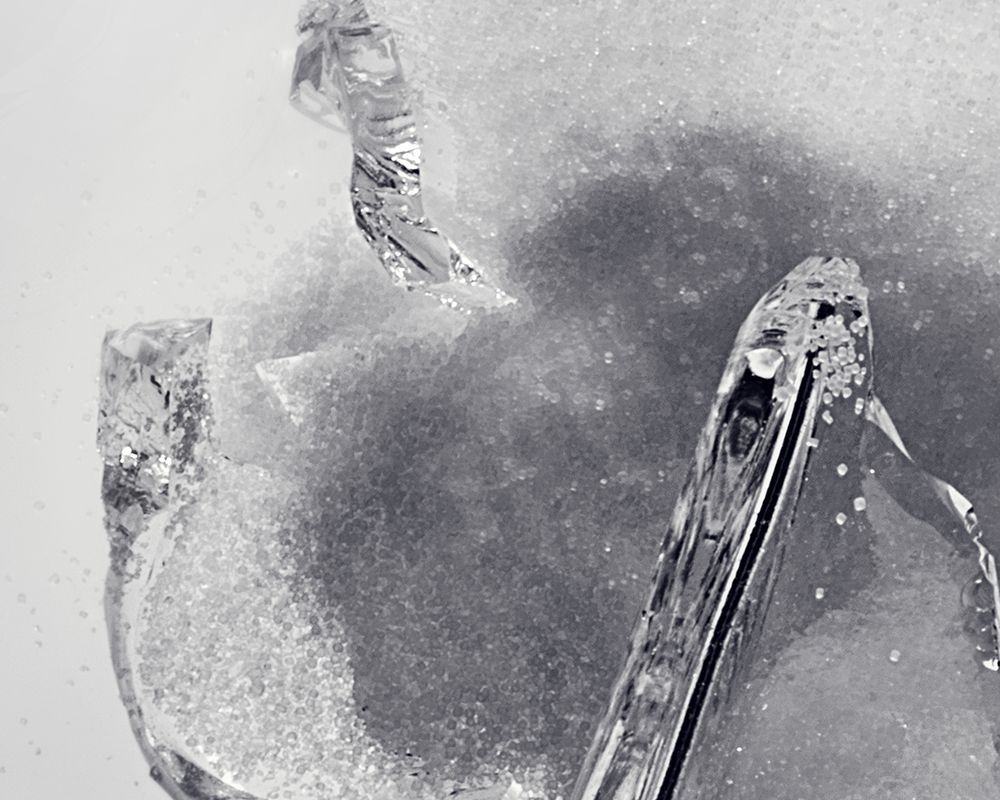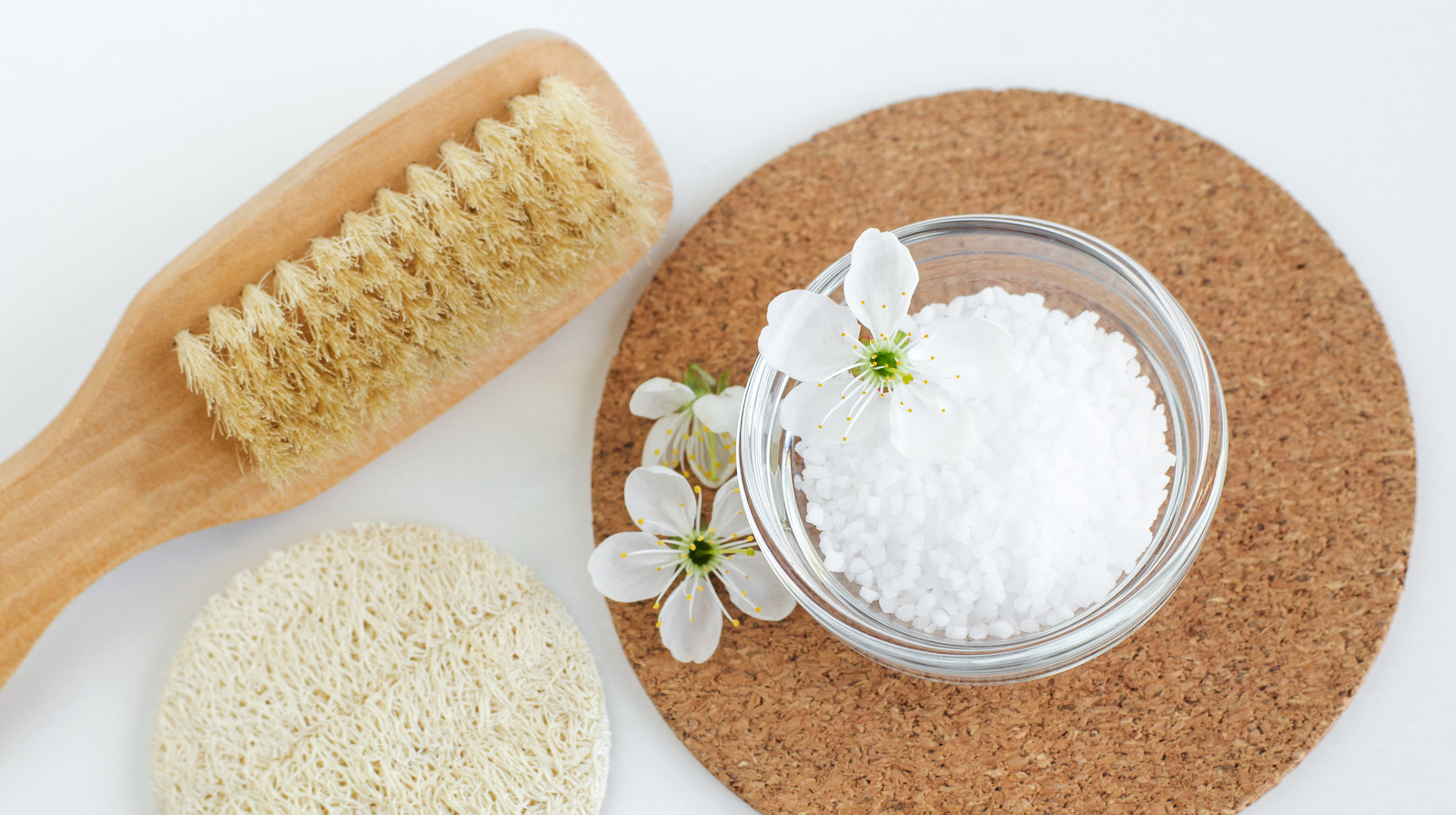I. Introduction
- A. Attention-grabbing opening statement about the growing popularity of salt water facial treatments, highlighting their purported benefits for skin health and acne management.
- B. Salt water is a solution that is formed by dissolving salt, typically sodium chloride, in water. It is commonly found in natural environments such as oceans, seas, and saltwater lakes.
- C. Thesis statement: Washing the face with salt water offers a natural and effective skincare solution that can promote clearer, healthier skin, particularly for those with acne-prone skin.
II. Potential Benefits of Washing Face with Salt Water
-
A. Antibacterial Properties: Salt water’s antibacterial properties can help combat acne-causing bacteria, reducing breakouts and promoting clearer skin.
-
B. Anti-inflammatory Effects: The anti-inflammatory properties of salt water can help soothe and reduce inflammation associated with acne, pimples, and redness.
-
C. Exfoliation and Dead Skin Cell Removal: Salt’s gentle exfoliating action can help remove dead skin cells, unclog pores, and promote cell turnover for a smoother, brighter complexion.
-
D. Oil Balancing and Regulation: Salt water can help regulate oil production, making it beneficial for oily or acne-prone skin.
III. Scientific Evidence Supporting the Benefits
-
A. Studies on Antibacterial Effects: Research suggests that salt water can effectively reduce acne-causing bacteria, potentially reducing breakouts and promoting clearer skin.
-
B. Evidence for Anti-inflammatory Properties: Studies indicate that salt water’s anti-inflammatory properties can help soothe and reduce inflammation associated with acne and other skin conditions.
-
C. Exfoliation and Skin Cell Turnover: Salt’s gentle exfoliating action can help remove dead skin cells, unclog pores, and promote cell turnover, as supported by some studies.
IV. How to Wash Your Face with Salt Water
-
A. Prepare the Salt Solution: Dissolve 1/2 teaspoon of non-iodized salt in 8 ounces of warm water. Ensure the salt is completely dissolved.
-
B. Cleanse Your Face: Wash your face with a gentle cleanser and pat it dry.
-
C. Apply the Salt Solution: Using a clean cotton pad or washcloth, gently apply the salt solution to your face, avoiding the eye area.
-
D. Rinse and Moisturize: After 30 seconds to 1 minute, rinse your face thoroughly with lukewarm water. Pat your face dry and apply a moisturizer suitable for your skin type.
V. Precautions and Considerations
-
Avoid Sensitive Areas: Avoid applying salt water directly to the eyes or open wounds.
-
Patch Test: Perform a patch test on a small area of your skin before applying the salt solution to your entire face to check for any sensitivity or irritation.
-
Frequency and Severity: Use salt water facial treatments 1-2 times per week, adjusting the frequency based on your skin’s sensitivity and acne severity.
-
Consult a Dermatologist: If you have severe acne or sensitive skin, consult a dermatologist for personalized skincare advice.

VI. Additional Tips for Acne-Prone Skin
-
Maintain a Clean Face: Wash your face twice daily with a gentle cleanser and pat it dry gently.
-
Avoid Touching Your Face: Resist the urge to touch or pick at pimples, as this can worsen inflammation and spread bacteria.
-
Use Non-comedogenic Products: Choose skincare products labeled as “non-comedogenic,” meaning they won’t clog pores.
-
Healthy Lifestyle Habits: Adopt a healthy lifestyle that includes a balanced diet, adequate sleep, and stress management techniques to promote overall skin health.
A Natural Approach to Acne Management
Washing the face with salt water offers a natural and effective skincare solution for those with acne-prone skin. Its antibacterial, anti-inflammatory, and exfoliating properties can help combat acne-causing bacteria, reduce inflammation, and promote clearer, healthier skin. However, it’s crucial to approach this practice with caution and consideration, following the guidelines and precautions outlined above. Remember, consistency is key! Regular salt water facial treatments, combined with other healthy skincare habits, can significantly improve your skin’s appearance and overall health. Embrace the power of nature and discover the clearer, healthier skin you deserve.
VIII. Salt Water vs. Traditional Acne Treatments
-
A. Benefits of Salt Water: Natural, readily available, and cost-effective, salt water offers a gentler alternative to harsh chemical acne treatments.
-
B. Limitations of Salt Water: Salt water may not be as effective as prescription acne medications for severe acne. It can also be drying and potentially irritating for sensitive skin.
-
C. Combining Salt Water with Other Treatments: Salt water facial treatments can be used in conjunction with other acne treatments under the supervision of a dermatologist.
IX. Potential Drawbacks and Side Effects
-
A. Drying and Irritation:** Salt water can be drying and irritating for some skin types, potentially leading to redness, flaking, and discomfort.
-
Increased Sun Sensitivity: Salt water can increase your skin’s sensitivity to the sun. Make sure to regularly apply sunscreen with SPF 30 or higher after using salt water on your face.
-
Worse Acne in Some Cases: In some cases, salt water can irritate existing acne and worsen breakouts. Pay close attention to how your skin reacts to salt water treatments.
X. Alternatives for Sensitive Skin
-
A. Diluted Apple Cider Vinegar:** Diluted apple cider vinegar offers antibacterial and anti-inflammatory properties similar to salt water but may be gentler for sensitive skin.
-
Honey: Honey has natural antibacterial and moisturizing properties, making it a good alternative for those who experience irritation with salt water.
-
Consult a Dermatologist: If you have sensitive skin and are considering washing your face with salt water, consult a dermatologist for personalized advice on alternative solutions.
Finding the Right Balance
Washing your face with salt water is often touted as a natural approach to managing acne and promoting healthier skin. The use of salt water has been associated with potential benefits for skin health, such as its antiseptic and exfoliating properties. However, it’s essential to approach this practice with caution and be aware of any potential downsides, particularly for individuals with sensitive skin.
When considering the use of salt water for skincare, it’s important to tailor this practice to your individual skin type and needs. While some individuals may find salt water to be beneficial for managing acne and maintaining clearer skin, others may experience skin irritation or dryness. Therefore, it’s crucial to listen to your skin and pay attention to how it responds to the use of salt water.



